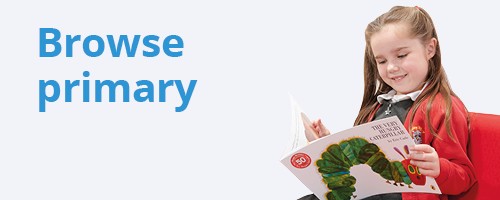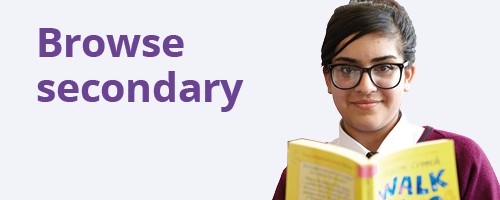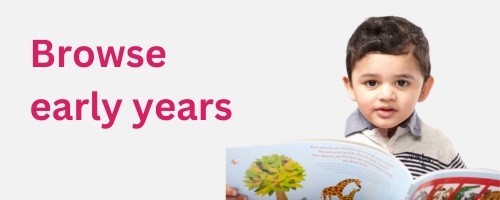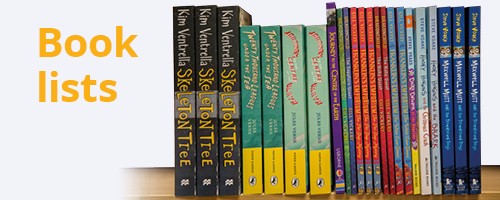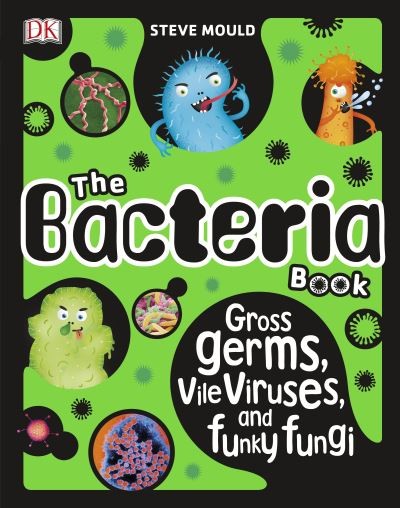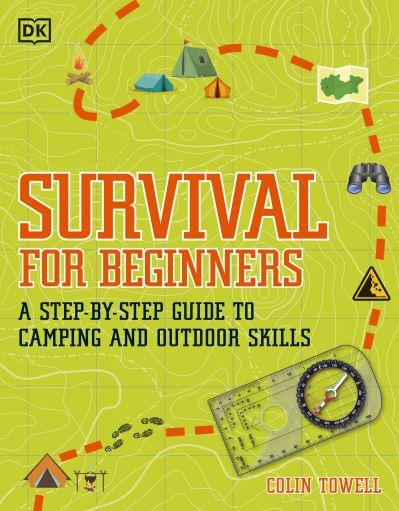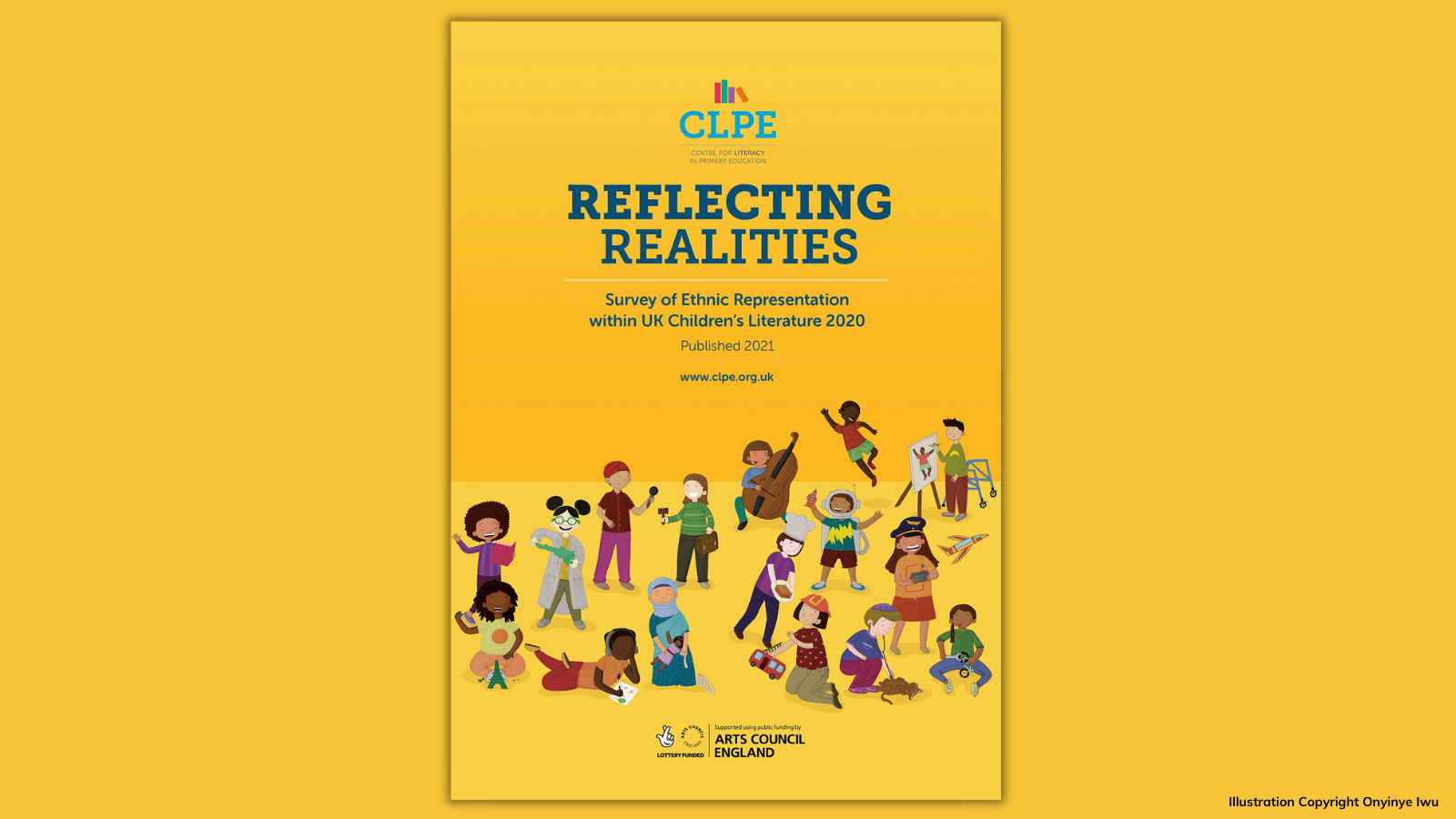Schools please note: due to the summer holidays we will automatically hold all school books and furniture orders due between Wednesday 16 July and Monday 1 September 2025. Delivery will resume from Tuesday 2 September 2025. If your school remains open for deliveries during the summer and you would like to receive your order during this time, please get in touch in advance by calling 0121 666 6646 or emailing hello@peters.co.uk.
For help, advice and telephone ordering call our team on 0121 666 6646
Are you sure you wish to delete this basket?()
This action cannot be undone.
Sorry, something went wrong
Please report the problem here.
5 approaches for engaging reluctant readers

May 17th 2022
Are you struggling to engage your reluctant readers? Our curriculum specialists and qualified librarians suggest trying some different approaches and genres to help all of your pupils find a book that they enjoy.
Leisure non-fiction
Those who don’t enjoy fiction might find a non-fiction book on a topic they’re interested in. Boys in particular can be reluctant to pick up a story book, but find themselves hooked on non-fiction, whether that's learning about the human body, or discovering amazing world records.
Non-fiction is great for dipping in and out of, so can be read in chunks rather than all in one go and means a child doesn’t need to follow a single narrative.
Read aloud/text types
Research shows that 345,000 children in the UK are read to for less than 15 minutes per week at home, which makes storytime at school even more vitally important. Being read to is the biggest indicator of children who enjoy reading for pleasure on their own. Storytime at school is a chance to change this.
Under the new Ofsted framework, schools are also required to cover multiple text types with pupils. It states that schools should be reading a ‘wide range’ of texts aloud - stories, poems, rhymes and non-fiction should be chosen to nurture a love of reading.
Take a look at our list of recommended read aloud texts for Key Stage 1
Poetry
Rhythm and rhyme and repetitive phrasing are a staple of quality EYFS texts. With its inventive word play, poetry develops and enhances a child’s vocabulary and confidence with the written word. For older readers, verse novels are a natural extension of this.
Diversity and inclusion
Only approximately 7% of children's books published in 2018 featured BAME (Black, Asian and minority ethnic) characters. The Centre for Literacy in Primary Education (CLPE)'s recent Reflecting Realities report highlighted the lack of books about diversity in UK children's publishing.
More so than ever, it's crucial to find inclusive books that represent the diverse and varied experiences and cultures of all pupils. Finding themselves reflected in literature and being able to relate to the characters in a book is key to engaging children, BAME books and inclusive reads are something that schools continue to ask for regularly.
Book groups
Encouraging group reading and discussion in a supportive environment can help reluctant or struggling readers to form ideas and responses to the books they read. Presenting this as a positive experience rather than something to be feared (or endured) helps develop a reading for pleasure culture.
Our curriculum specialists have selected books they think are ideal for book group discussion.

